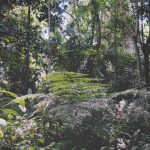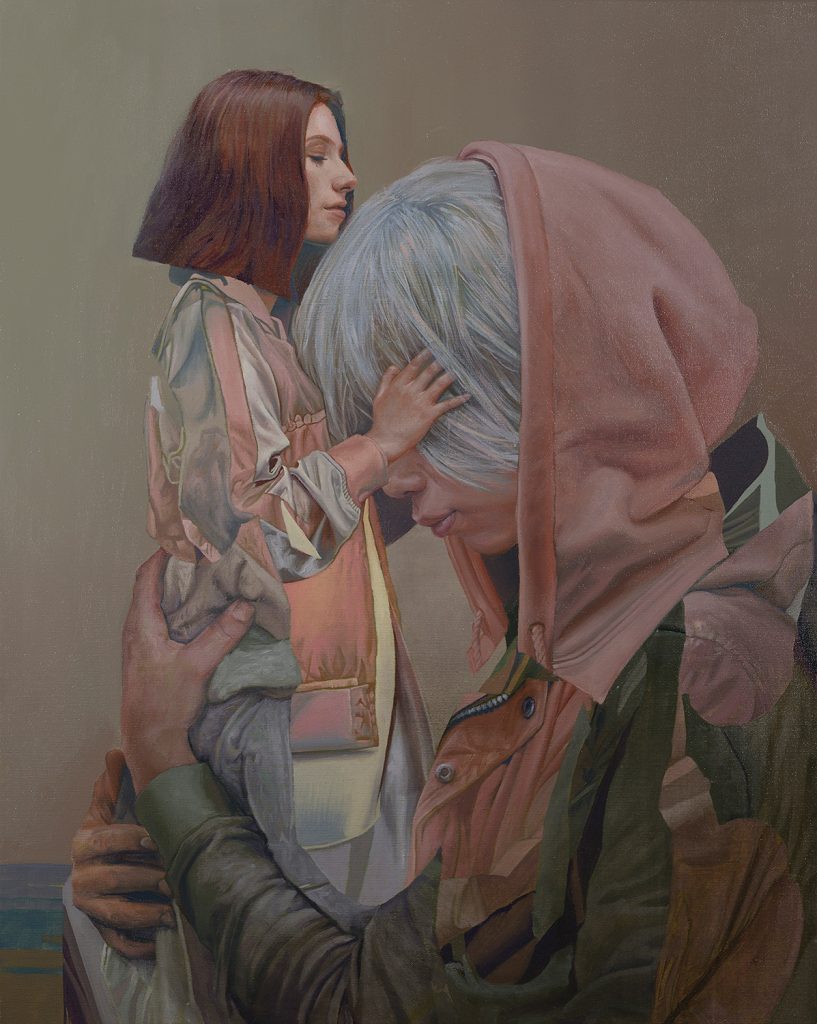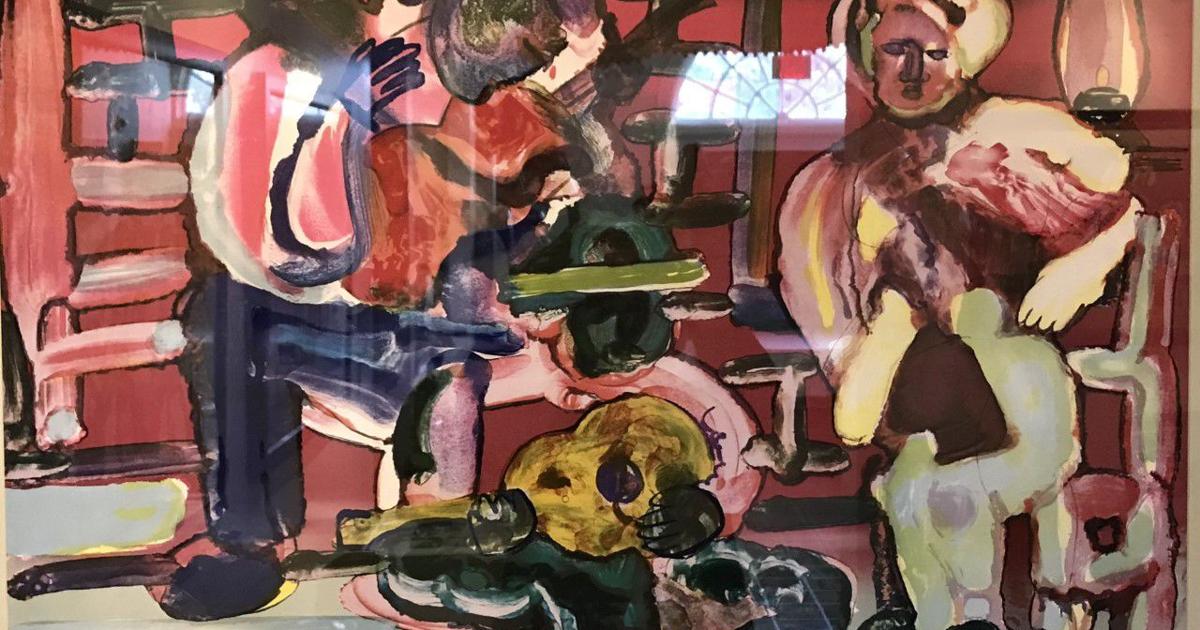Memory of the Blind Elephant
2016 - Film & Video (Film & Video)
<span data-sheets-value="{"1":2,"2":"14:22 minutes"}" data-sheets-userformat="{"2":15297,"3":{"1":0},"9":0,"10":1,"11":0,"12":0,"14":{"1":2,"2":0},"15":"Calibri","16":9}" style="font-size:9pt;font-family:Calibri, Arial;">14:22 minutes</span>
Nguyen Phuong Linh
Set in the haunting space of an ex-colonial rubber plantation in Central Vietnam, Phuong Linh Nguyen’s film Memory of the Blind Elephant is a tender portrait of the complex economies of interspecies trauma and resilience in the face of continued extraction and destruction. Formerly present in the coronation of Potau Apui (the Jarai King of Fire), in Dr. Yersin’s exploratory crew during the colonial period, and now a major draw for tourists, the figure of the elephant is ailing, grievous, as though haunting its habitat. Intrigued by the reality she observed, Phuong Linh gathered, documented, altered, repositioned the local materials of ceaseless exploitation of natural resources: raw rubber, ferrosols, and aluminium to assert a critical proposition.
Phuong Linh Nguyen’s multidisciplinary practice spans video, sculpture and installation. Her practice is concerned with geographic cultural shifts, traditional roots, and the splintered history of Vietnam. Tracing a complex network of ethnicities, religions, and cultural and geo-political influences. Her works contemplate visible versus invisible truths, form and time, and conveys a pervasive sense of alienation, dislocation, and the ephemeral. Nguyen Phuong Linh often travels for field research and to collect artifacts from historical sites of exchange. She transforms these materials in order to construct alternative perspectives and interpretations of fragmented histories, personal narratives, and memories.
Colors:
Related works sharing similar palette
» see more

© » ARTS EQUATOR
Caring for the Carers: How Malaysian artists working with communities hold space | ArtsEquator Thinking and Talking about Arts and Culture in Southeast Asia ArtsEquator Viewpoints Courtesy of Syarifah Nadhirah August 12, 2021 By Rahmah Pauzi (1,300 words, 5-minute read) I had forgotten how loaded the words “how are you,” or “apa khabar,” can be...
Related artist(s) to: Nguyen Phuong Linh » Adriano Pedrosa, » Akram Zaatari, » Asli çavuşoğlu, » Clara Ianni, » Daniela Ortiz, » Dumaguete City, » Emily Jacir, » Hemali Bhuta, » Kiluanji Kia Henda, » Latin America
» see more

© » KADIST
Kiluanji Kia Henda
2011Redefining The Power (with Didi Fernandes) is a metaphor of how reflections on history and society during the Angolan Civil War (1975-2002) are largely ignored within the canon of history...

© » KADIST
Daniela Ortiz
2012In her work, Maids Room (2012) which is part of a series, Daniela Ortiz undertakes an architectural analysis of the houses belonging to the upper class of Lima...

© » KADIST
Asli Çavusoglu
2018Future Tense (2017), a 16-page diary, is a project in the form of a newspaper that brings together 50 oracles by people from various political opinions and ethnicities who consulted sand, lead, tarot cards, coffee grounds, blank sheets of A4 paper, dreams, water, clairvoyance, astrology, pendulums and horoscopes in order to reveal the point that Turkey has reached in news casting...
Related works found in the same semantic group
» see more

© » KADIST
Cyprien Tokoudagba
In a style that is unique of Tokoudagba, he evokes the kings, gods and their symbols related to the earth, water, air and fire, usually on a white background...

© » KADIST
Michael Armitage
2015In “And so it is” shows the image of a faceless man before a microphone, ready to deliver an important message...






